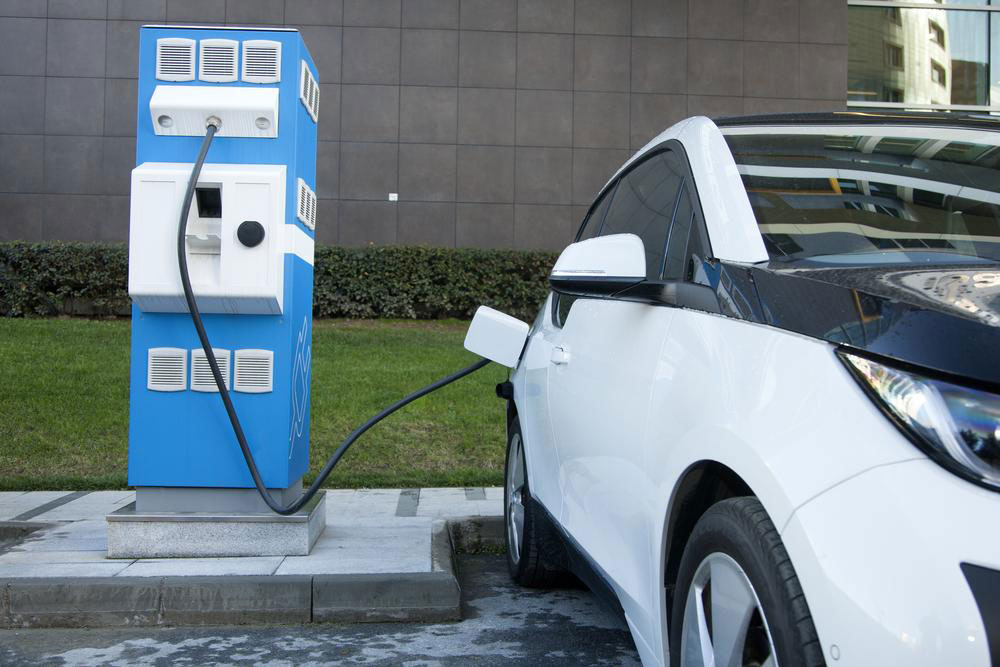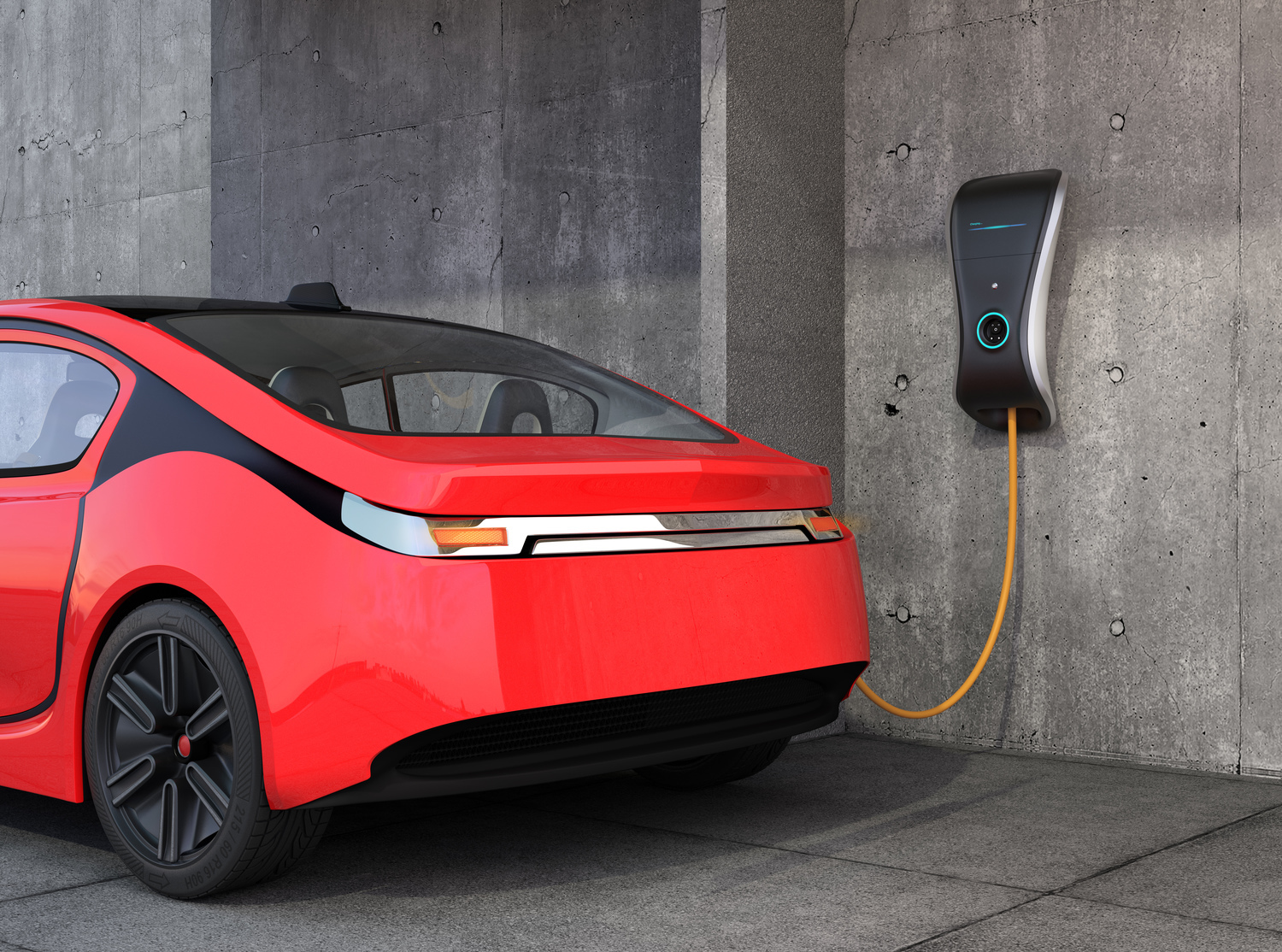Comprehensive Guide to Electric Vehicle Price Ranges in Germany
Explore the comprehensive landscape of new electric vehicle prices in Germany, including models across various segments, government incentives, and total ownership costs. This guide helps consumers understand affordability, benefits, and long-term savings associated with EV adoption in Germany's evolving market.

Comprehensive Guide to Electric Vehicle Price Ranges in Germany
Germany, renowned as one of Europe's automotive industry leaders, is experiencing a transformative shift from traditional combustion engines to electric mobility. This rapid transition is driven by increasing environmental awareness, supportive government policies, and ongoing advancements in vehicle technology. The shift toward electric vehicles (EVs) marks a crucial turning point in the country's efforts to reduce carbon emissions and meet climate goals. In this detailed article, we explore the current pricing landscape of new electric vehicles available in Germany, examining various price segments, government incentives, total ownership costs, and comparisons across different models suitable for diverse consumer needs.
Market Development and Industry Trends
Germany's auto industry is actively adapting to more stringent European Union (EU) emissions standards. As part of their commitment to environmental sustainability, German automakers are significantly expanding their EV offerings, aligning with EU strategies to phase out internal combustion engine vehicles gradually. By 2023, Germany is among Europe's leading markets for electric vehicles, witnessing a steady increase in EV registrations and consumer adoption. Urban areas, in particular, see growing demand for eco-friendly transportation options, driven by government encouragement and urban pollution concerns.
With global automotive giants and local manufacturers competing in this space, the spectrum of available EVs has widened greatly. From budget-friendly urban compacts to high-end luxury electric models, consumers now enjoy an unprecedented selection. Major brands such as Volkswagen, BMW, Audi, Mercedes-Benz, Tesla, Hyundai, Renault, and Kia have introduced models across various price points, making EVs accessible to a broader audience.
Competitors from worldwide automakers offer an extensive range of electric vehicles, catering to different budgets and preferences—from economical city cars to luxurious performance models.
Starting Prices for Electric Vehicles in Germany
Entry-Level Electric Vehicles
1. Volkswagen ID.3: Approximate starting price of €30,000. As Volkswagen’s flagship affordable EV, the ID.3 blends innovative technology with practicality. It is particularly suitable for new EV buyers who seek reliable performance, decent range, and advanced features at a competitive price. The ID.3’s popularity stems from its balance of affordability and modern design, making it an ideal choice for city dwellers and first-time electric vehicle owners.
2. Renault Zoe: Priced around €27,000. The Renault Zoe has long been a favorite in urban environments due to its compact size, efficiency, and affordability. Its small footprint makes maneuvering through crowded city streets convenient, while its relatively low price point lowers the barrier for many consumers entering the EV market. The Zoe offers sufficient range for daily commuting, complemented by a range of technological features.
Mid-Range Electric Vehicles
1. Tesla Model 3: Starts at approximately €45,000. Known for its impressive driving range, cutting-edge autopilot capabilities, and high performance, the Tesla Model 3 is a standout choice within the mid-range EV segment. Tesla’s reputation for innovation, brand prestige, and extensive supercharger network make it a preferred option for tech-savvy consumers and those seeking a blend of luxury, efficiency, and performance.
2. Hyundai Kona Electric: Begins at around €35,000. The Hyundai Kona Electric strikes a balance between range, usability, and affordability. Its compact SUV design offers versatility, making it suitable for families and drivers with active lifestyles. The Kona Electric boasts fast charging capabilities, a comfortable interior, and modern tech features, catering to a broad spectrum of buyers.
Premium Electric Vehicles
1. Audi e-Tron: Starting at €70,000. As Audi’s luxury electric SUV, the e-Tron combines refined design, high-end materials, and advanced technology. It targets environmentally conscious consumers who do not wish to compromise on luxury, comfort, or performance. The e-Tron features an impressive interior, state-of-the-art infotainment systems, and substantial driving range, solidifying its position in the premium EV market.
2. Mercedes-Benz EQC: Priced around €68,000. The Mercedes-Benz EQC seamlessly combines Mercedes’ hallmark luxury standards with innovative electric propulsion. It offers a high level of comfort, sophisticated design, and cutting-edge tech features. The EQC appeals to upscale buyers seeking an elegant, environmentally friendly vehicle that aligns with premium brand expectations.
Government incentives significantly influence the EV market in Germany, helping make these vehicles more affordable for consumers. The German government’s Environmental Bonus (Umweltbonus) provides substantial financial support—up to €9,000 for fully electric cars and up to €6,750 for plug-in hybrids. This incentive is shared jointly by the government and automakers, effectively reducing the purchase price and encouraging widespread EV adoption. Additionally, various tax benefits, such as lower company car taxes and incentives for fleet purchases, further stimulate the market and reduce total ownership costs.
Evaluating the true cost of owning an EV goes beyond just the purchase price. It is essential to consider the total cost of ownership (TCO), which includes charging, maintenance, insurance, and depreciation. Each factor plays a critical role in determining the overall affordability and long-term savings associated with electric vehicles.
Charging Costs
One of the significant advantages of EV ownership is lower charging expenses compared to fueling traditional gasoline or diesel vehicles. In Germany, the average electricity price for home charging is approximately €0.30 per kWh. Depending on the vehicle’s battery capacity, the cost to fully charge an EV ranges from €10 to €20, translating into significant savings over conventional fuel costs. Public fast-charging stations provide additional convenience, though charging infrastructure costs and availability vary across regions.
Maintenance Expenses
Electric vehicles generally require less maintenance than internal combustion engine vehicles. With fewer moving parts, EVs eliminate the need for oil changes, and brake systems tend to last longer due to regenerative braking technology. Typical maintenance includes tire rotations, brake inspections, and battery health monitoring. Over time, the reduced maintenance needs contribute to lower TCO and operational costs.
Insurance Premiums
Insurance rates for EVs are often comparable to, or slightly higher than, traditional vehicles but tend to be offset by discounts offered for environmentally friendly cars. Insurers recognize the reduced risk of mechanical failures and safety benefits associated with EVs, which can lead to lower premiums. Consumers should compare quotes from multiple insurance providers to identify the most advantageous coverage options.
Vehicle Depreciation
Depreciation trends for EVs have historically been faster than those for traditional cars due to concerns about battery longevity and market maturity. However, continuous improvements in battery technology, increased market acceptance, and government incentives are gradually stabilizing depreciation rates. Over time, EVs are expected to retain their value better, making them a sound investment in the long run.
The electric vehicle market in Germany boasts a comprehensive selection suited to various budgets, lifestyles, and preferences. Thanks to robust government support and decreasing costs, EVs are becoming more accessible and economically feasible. Factoring in the total ownership costs reveals that EVs often offer substantial savings compared to traditional vehicles, reinforcing their position as a smart choice for sustainable mobility and long-term financial benefits.
In conclusion, adopting an electric vehicle in Germany aligns with ecological goals and offers numerous financial incentives. Consumers stand to benefit from reduced running costs, government rebates, and the increasing availability of diverse EV models. As technology advances and infrastructure expands, Germany’s EV market is poised for continued growth, encouraging more drivers to embrace greener, more sustainable transportation options.





